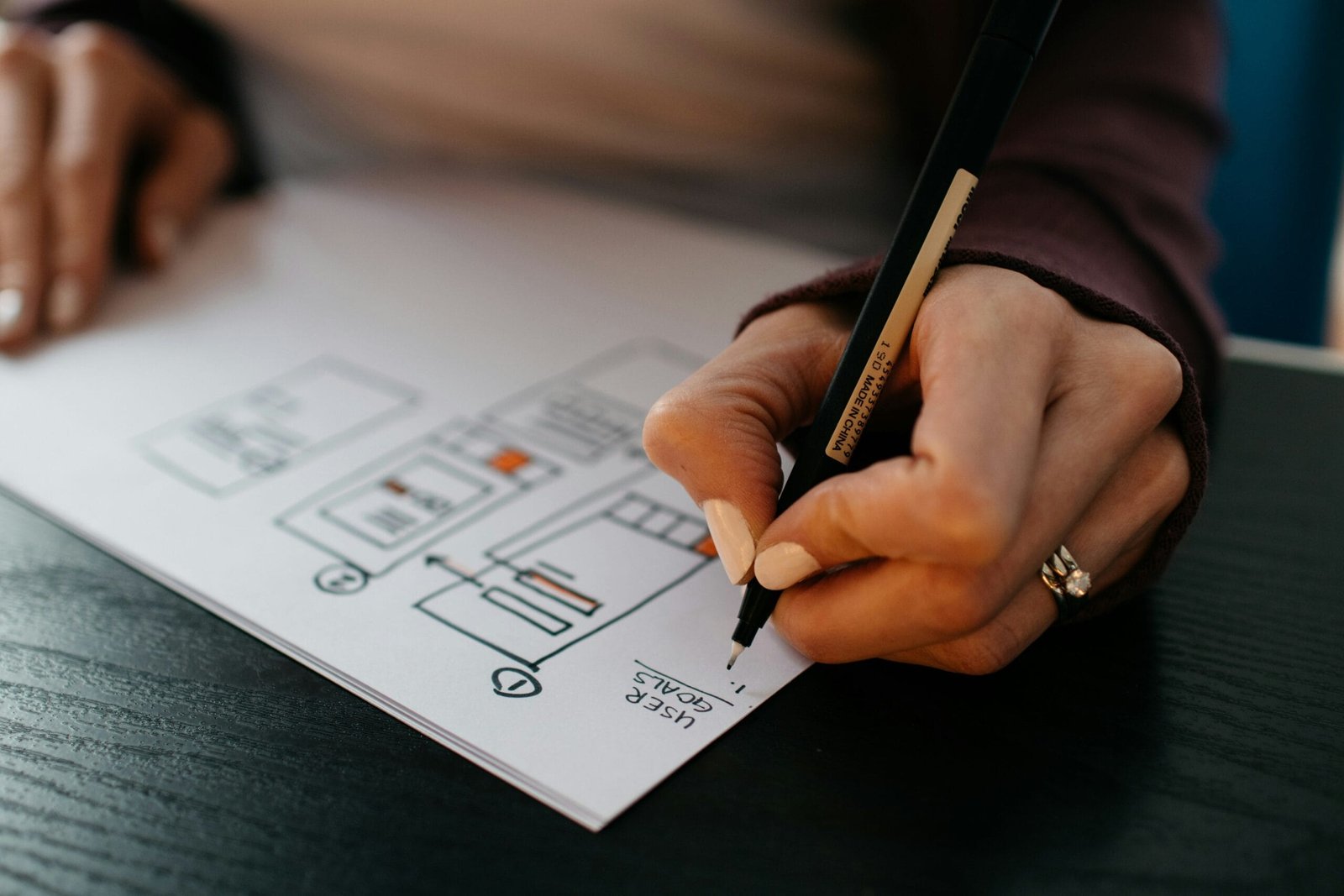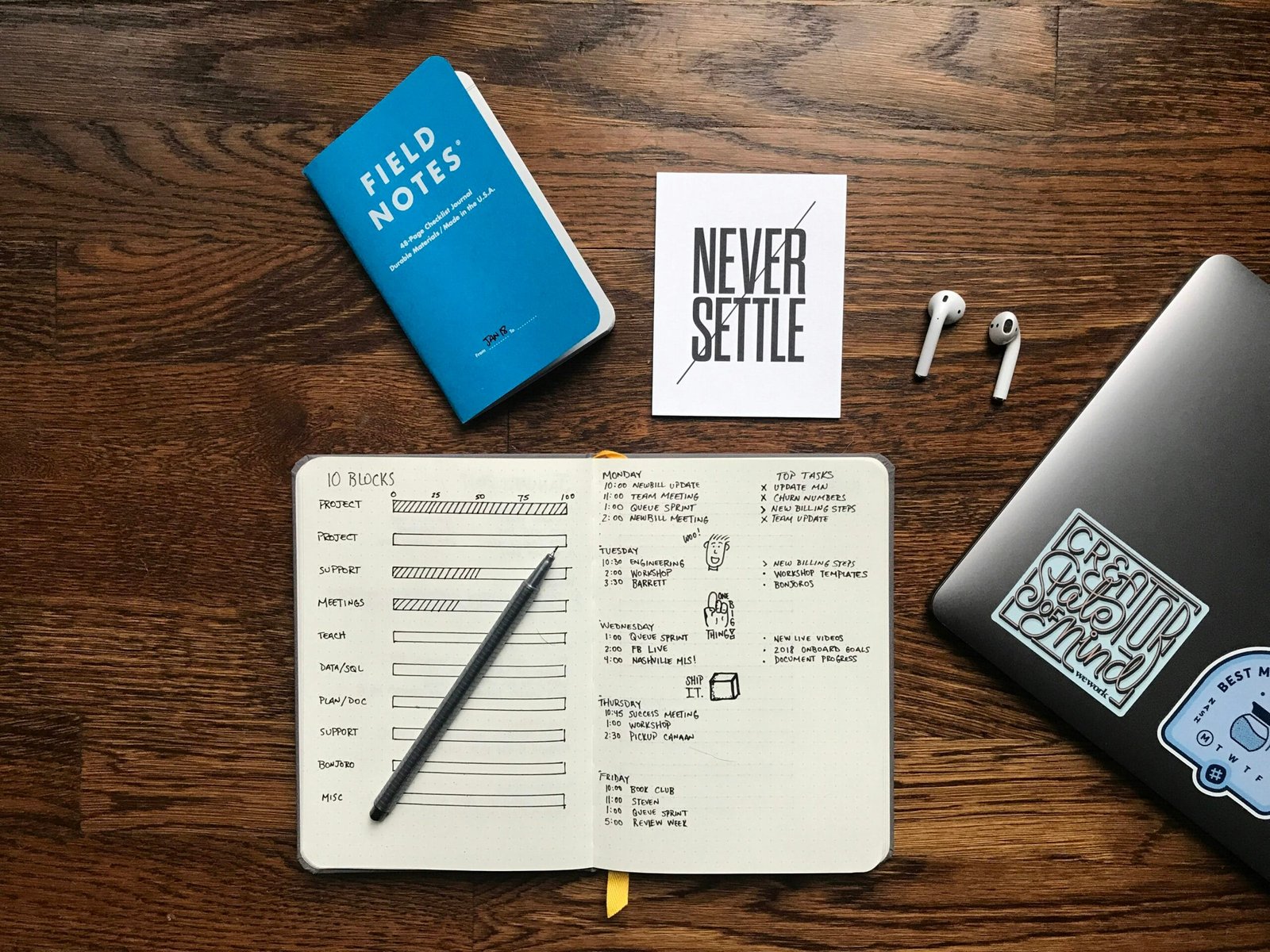Have you ever found yourself at the end of a long day wondering where all your energy went, or questioned why there never seems to be enough time to get everything done? If so, you’re not alone. In today’s fast-paced world, balancing time and energy can feel like an elusive goal. With countless responsibilities and endless distractions, it’s easy to feel overwhelmed and exhausted. But don’t worry; there are practical steps you can take to regain control and make the most out of your day. Let’s explore how you can better manage your time and energy.
Understanding Time Management
Time management isn’t just about squeezing more tasks into your day. It’s about making smart choices regarding how you use your time, prioritizing activities, and ensuring you focus on what’s truly important. Understanding this helps you create a more productive and satisfying life.
The Importance of Prioritization
Prioritization is the key to effective time management. You can’t do everything at once, so identifying what’s most important and needs to be done first ensures that you’re focusing on your top priorities.
Identify Your Priorities: Begin by listing all the tasks you need to accomplish. Then, identify which tasks are most critical, either because of a deadline or their impact on your goals.
The Eisenhower Box: A tool to help with prioritization is the Eisenhower Box, which categorizes tasks into four quadrants: urgent and important, important but not urgent, urgent but not important, and neither urgent nor important. This visual aid can support you in understanding what needs immediate focus and what can be deferred or delegated.
Urgent & Important Important, Not Urgent Tasks with pressing deadlines or significant impacts. Long-term goals and personal development. Urgent, Not Important Not Urgent, Not Important Distractions that must be managed, not prioritized. Tasks that don’t really need doing.
Set Realistic Goals
Setting achievable goals is vital in your time management journey. When you aim for feasible objectives, you prevent burnout and maintain motivation.
- SMART Goals: Use the SMART criteria to set your goals. They should be Specific, Measurable, Achievable, Relevant, and Time-bound. This approach ensures clarity and attainability, keeping you on track without overwhelming yourself.

Techniques for Effective Time Management
Once you’ve set your priorities and goals, the next step is implementing techniques that can help manage your time more effectively.
Time Blocking
Time blocking is a method where you allocate specific chunks of your day to different activities. This technique allows you to focus solely on one task at a time, limiting multitasking and enhancing productivity.
- Implementation: Begin by creating a list of your tasks, then assign each to a specific time slot in your day. Be sure to include breaks and time for unplanned interruptions.
The Pomodoro Technique
This popular method involves working in intervals, traditionally 25 minutes in length, followed by a short break. This technique supports concentration and provides regular opportunities to rest and recharge.
- Steps: Choose a task, set a timer for 25 minutes, work until the timer goes off, then take a 5-minute break. After completing four intervals, take a longer break of 15-30 minutes.
Make Use of Technology
Technology can be a powerful ally in managing your time. Many apps and tools can assist you in staying organized and focused.
Task Management Apps: Applications like Todoist, Asana, or Trello can help you keep track of tasks, deadlines, and priorities, ensuring nothing slips through the cracks.
Calendar Tools: Use digital calendars to schedule your appointments, reminders, and routines so that you can visually manage your time and avoid overcommitting.

Understanding Energy Management
However, even with proficient time management, you might still feel exhausted or lack motivation. That’s where energy management comes into play. Your energy significantly influences your productivity and well-being.
Align Tasks with Energy Levels
Matching tasks with your natural energy levels can profoundly impact your efficiency and satisfaction.
Identify Peak Hours: Everyone has different times of the day when they are most alert and productive. Determine when you have the most energy and schedule demanding tasks during these periods.
Divide and Conquer: For less demanding tasks, reserve times when your energy may dip, turning these into periods for low-energy activities like replying to emails or organizing your workspace.
Importance of Rest and Breaks
Rest is not a luxury; it’s a necessity. Regular breaks and sufficient sleep are crucial for maintaining high energy levels.
Quality Sleep: Lack of sleep can severely impact your mood and cognitive functions. Aim for 7-9 hours of quality sleep each night and establish a consistent sleep schedule, even on weekends.
Regular Breaks: Incorporate short breaks throughout your workday to avoid fatigue. Step away from your screen, stretch, or go for a quick walk to rejuvenate.

Techniques for Energy Management
Managing your physical and mental energy is key to sustaining long-term productivity and personal well-being.
Healthy Lifestyle Choices
Physical health plays a critical role in your energy levels. Implementing beneficial lifestyle habits can boost your energy considerably.
Balanced Diet: Fuelling your body with nutritious foods helps keep your energy levels stable. Aim for a balanced diet rich in fruits, vegetables, lean proteins, and whole grains.
Regular Exercise: Physical activity increases your energy by enhancing your mood and reducing stress. You don’t need to spend hours at the gym; even a short daily routine can significantly affect your overall energy.
Mindfulness and Stress Management
Managing mental stress is equally important as managing physical energy. Mindfulness and relaxation techniques can help in this area.
Practice Mindfulness: Take moments throughout the day for mindfulness activities like deep breathing or meditation. This practice can help center your mind, reduce stress, and improve focus.
Stress Management Techniques: Find activities that help you unwind and de-stress, whether it’s reading, listening to music, or engaging in a hobby. Regularly incorporating these into your routine can prevent burnout and improve your emotional health.

Creating a Personalized System
While general guidelines are beneficial, what’s most effective for you may differ from someone else. Creating a personalized system that combines time and energy management strategies tailored to your lifestyle and preferences is crucial.
Set Regular Reviews and Adjustments
Life is dynamic, and your approach should be, too. Regularly assess how well your time and energy management strategies are working, and make adjustments as needed.
Weekly Reflections: Set aside time each week to review what’s working and what isn’t. Adjust your plans according to your insights and any changes in priorities or goals.
Flexibility and Adaptability: Become comfortable with modifying your plans. Flexibility will help you navigate unforeseen changes or challenges, maintaining your productivity and energy levels.
Building Sustainable Habits
Consistency is key to effective time and energy management. Focus on building sustainable habits that become part of your daily routine.
Start Small: Introduce new habits gradually, rather than trying to overhaul your lifestyle overnight. Small, consistent changes are more sustainable and less overwhelming.
Celebrate Progress: Acknowledge and celebrate your accomplishments, no matter how small. Recognizing progress keeps motivation high and reinforces your commitment to your goals.
By applying these strategies and techniques to manage your time and energy, you can create a balanced and fulfilling life. Remember that there is no one-size-fits-all solution, and finding what works best for you may be a process of trial and error. But with persistence and dedication, you will find a rhythm that allows you to accomplish your goals while maintaining your well-being.

